Think of Empty Nesting in a New Light
I became a “real” empty nester this year when my younger son who attended boarding school left for college. For the past three years, I did not have kids in the house but I still visited my younger son on the weekends and was very involved in his school life. So, yes, this feels different and while I have been preparing for this transition, it still feels challenging. The good news is that I know I am not alone. Many of us are questioning our changing roles as parents and how best to balance our children’s independence with our own concerns and worries about their welfare. If your own identity is closely linked with your child and his/her needs, this can be a time for you to get re-acquainted with yourself and your own needs. It is also a good opportunity to turn your attention to your relationships with significant others and friends.
The simple act of thinking about empty nesting in a different light can make you feel better. A friend recently shared that her empty nest is a full nest now filled with friends. I love this cognitive strategy, making an active choice to look at the empty nest in a positive way.
From my psychotherapist’s perspective, I wanted to share some other strategies that I am using with myself and others to help with this emotional transition:
flexibility is key
Understand and think about how and how often you communicate with your child and how it impacts your relationship and your child’s sense of self. What worked at home may not work when your child is away. Your child is now in charge of his/her own schedule and may not be readily available or want to text or email as much as you may like. Choose to think about and view this as a positive step toward independence and growth.
Be An Active Listener
During the early stages of the transition, it is important to recognize you or your child may have feelings of discomfort, unease, anxiety or stress. This is common and normal as both of you are navigating and acclimating to the changing environment. Listen, listen and listen. Your child may need a safe place to ventilate feelings and frustrations and feel validated. It can be tempting to offer advice, but be judicious! If your child is prone to anxiety, depression or other mood or behavioral conditions, be proactive about determining whether they are giving you clues into how their new life is impacting his or her social-emotional and academic functioning.
Take it one day at a time
This is an opportunity to focus on yourself, your interests, and your relationships! It may be hard to imagine what your life was like before you had kids, but try! What made you happy then? What interests or hobbies have you put on hold that you can now try without the guilt. When thinking about passions or hobbies or cultivating these, it can feel daunting. Some clients express they don’t know what they are good at and it can feel overwhelming to think about it. If you are experiencing this as pressure, then don’t think about it. Go slowly and try to build structure into your day which leads us to the next item…
schedules and structure
If you put your career on hold to raise your children, this new time in your life can be vexing. Your schedule is no longer in sync with your child’s and now you have a lot more free time! I always tell clients to try to have at least one activity built into their day to give their day structure and feel a sense of purpose. If you work full time you might now be finding your evenings and weekends quieter. The same advice applies – structure, activities, even a long walk or reading the paper counts!
The phrase “empty nest” implies that you are alone. You are not alone. Pace of Mind Therapy is offering special group walks especially for those experiencing the emotional challenges of an empty nest. These therapist-led walks provide a safe space to share concerns, feel validated, pick up tips and advice and feel good moving and being outside in nature.
I hope to see you on the path!
Tracy




